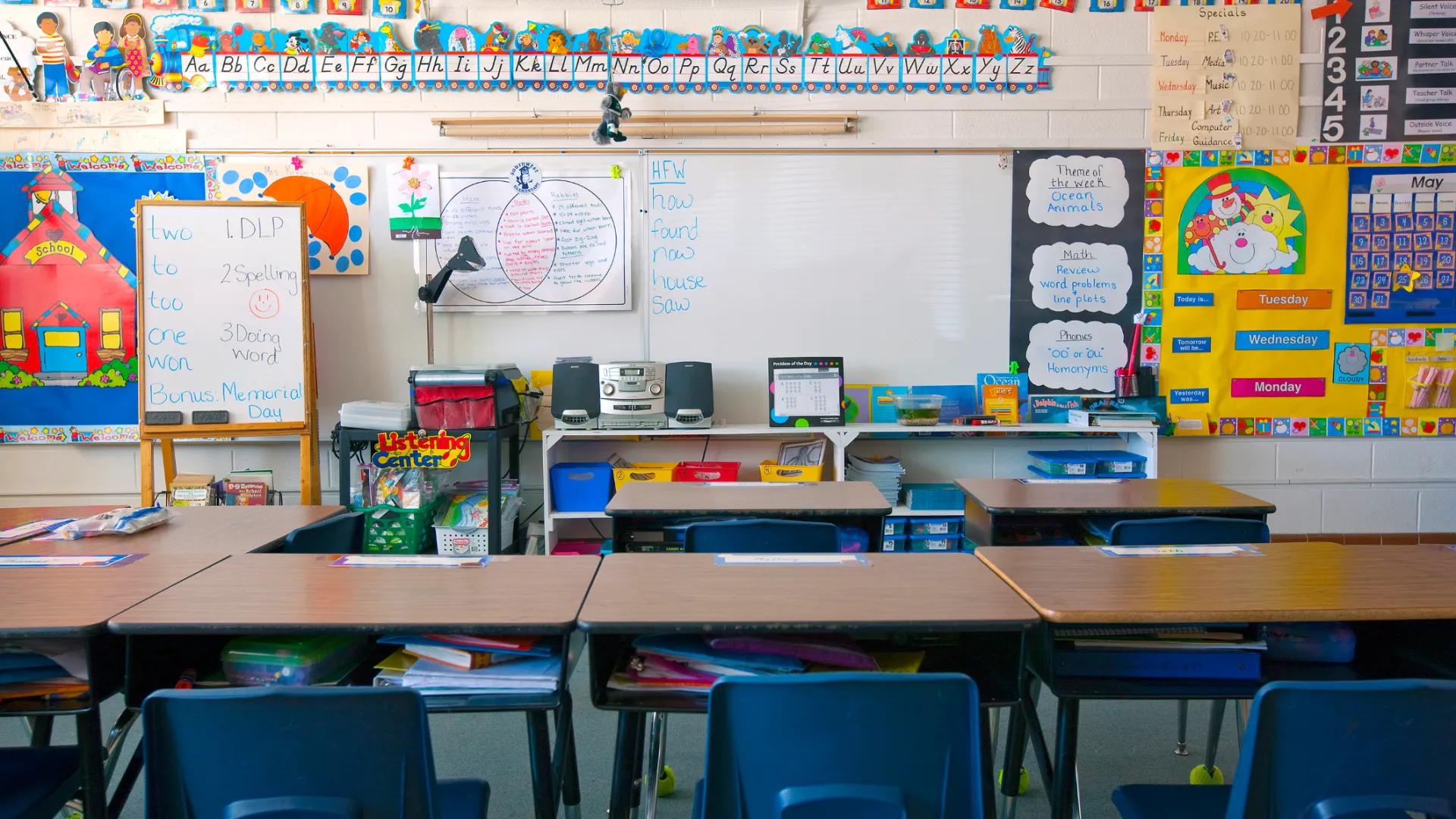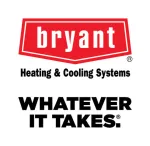
COVID-19 Response for School Air Systems
Steps to Mitigate the Spread of COVID-19 in the Classroom
"Transmission of COVID-19 through the air is sufficiently likely that airborne exposure to the virus should be controlled. Changes to building operations, including the operation of heating, ventilating, and air-conditioning systems can reduce airborne exposures." -ASHRAE
COVID-19 and Indoor Air Quality
As schools grapple with the issue of teaching in a pandemic, experts warn that wearing face masks and disinfecting surfaces may not be enough. In the fight against an airborne virus, schools looking to resume in-person learning should educate themselves on the health impacts of indoor air quality.
The Facts
Mounting evidence demonstrates that COVID-19 is also transmitted through indoor and can remain infectious for hours.
Many air systems simply recirculate indoor air, spreading particles throughout the building.
The epidemic task force at ASHRAE, a global expert on indoor air, has determined the risk of airborne transmission of COVID-19 to be severe enough to warrant the modification of building air systems.
Three Steps to Make School Air Safer
1 ) Ventilation: Increase the ventilation in your building to bring in more fresh air.
2 ) Filtration: Upgrade your filters to the highest MERV rating.
3 ) Purification: Install purification systems - UV lights or ionization devices - to destroy the viruses in recirculated air.
Recommended Measures to Mitigate Airborne Transmission

Ventilation

Filtration

Purification
The Need For Action
Lack Of Government Policy
No official policy has been created to determine how schools they may operate safely. In the absence of any legislation enforcing minimum COVID-19 safety standards in schools, administrators are faced with the daunting task of navigating mountains of guidelines and risk-reduction strategies on their own. In this environment, individual action in imperative to ensure the safety of both schools and their communities.
Three Reasons to Improve Indoor Air
The CDC, WHO and EPA have stressed the importance of maintaining good indoor air quality as part of a combined strategy to mitigate the transmission of COVID-19 indoors.
Messaging is crucial: For many, uncertainty about the safety in schools can be an enormous source of stress. By employing practical measures to combat the spread of COVID-19, schools can help ease the psychological strain on students, parents, and staff and effectively message that this issue has been addressed.
Lasting Health Benefits: The same improvements to indoor air quality that can help mitigate the spread of COVID-19 can also be effective in reducing infection rates during cold and flu season, as well as decrease the severity of allergy and asthma symptoms.
The Months (And Years) Ahead
A Vaccine: Dr. Anthony Fauci has stated a COVID-19 vaccine will likely not be widely available until several months into 2021. As such, schools temporarily relying on remote-learning should the available time to implement a comprehensive response plan.
With new outbreaks of COVID-19 occurring across the country, schools should prepare to adapt their response plans as necessary. Those in areas with low rates of new cases should ensure they are equipped to handle a potential spike.
Experts assert that measures implemented to combat COVID-19 - like improved sanitization and indoor air quality - will likely decrease the severity of regular cold and flu seasons, and may help mitigate transmission in a future pandemic event.
Resources for Schools on COVID-19
Real-Time Map of Reported Cases by State - Johns Hopkins CSEE
Risk Reduction Strategies for Reopening Schools - Harvard School of Public Health
CDC Toolkit for K-12 Schools - Centers for Disease Control
School Reopening and Coronavirus in the Air - The Washington Post
Info on COVID-19 and Indoor Air Quality
EPA Guidance on Indoor Air and COVID-19 - Environmental Protection Agency
COVID-19 Response Resources - ASHRAE
A Word From The AIR Co:
How We Can Help
At The AIR Company of Georgia, we feel it is our moral and professional responsibility to provide comprehensive education and resources to schools. In a pandemic, the safety of a building's indoor air and its occupants are inextricably linked: one cannot be safe without the other. We hope that schools will consult expert guidance in this time to ensure the safety of their students, faculty, and community.
For schools in the Georgia area, the AIR Co is happy to provide consultations or answer any questions you may have to ensure your systems meet recommended standards. - Chris Marek, Owner of The AIR Company of Georgia.
Contact| Phone: (404) 272-8465 Email: chris@coldairco.com
This site is for educational purposes only and is not comprehensive and is subject to change at anytime. A fully licensed and insured HVAC operator should be consulted before any modifications are completed. Best engineering practices should always be followed. License #CN210920



